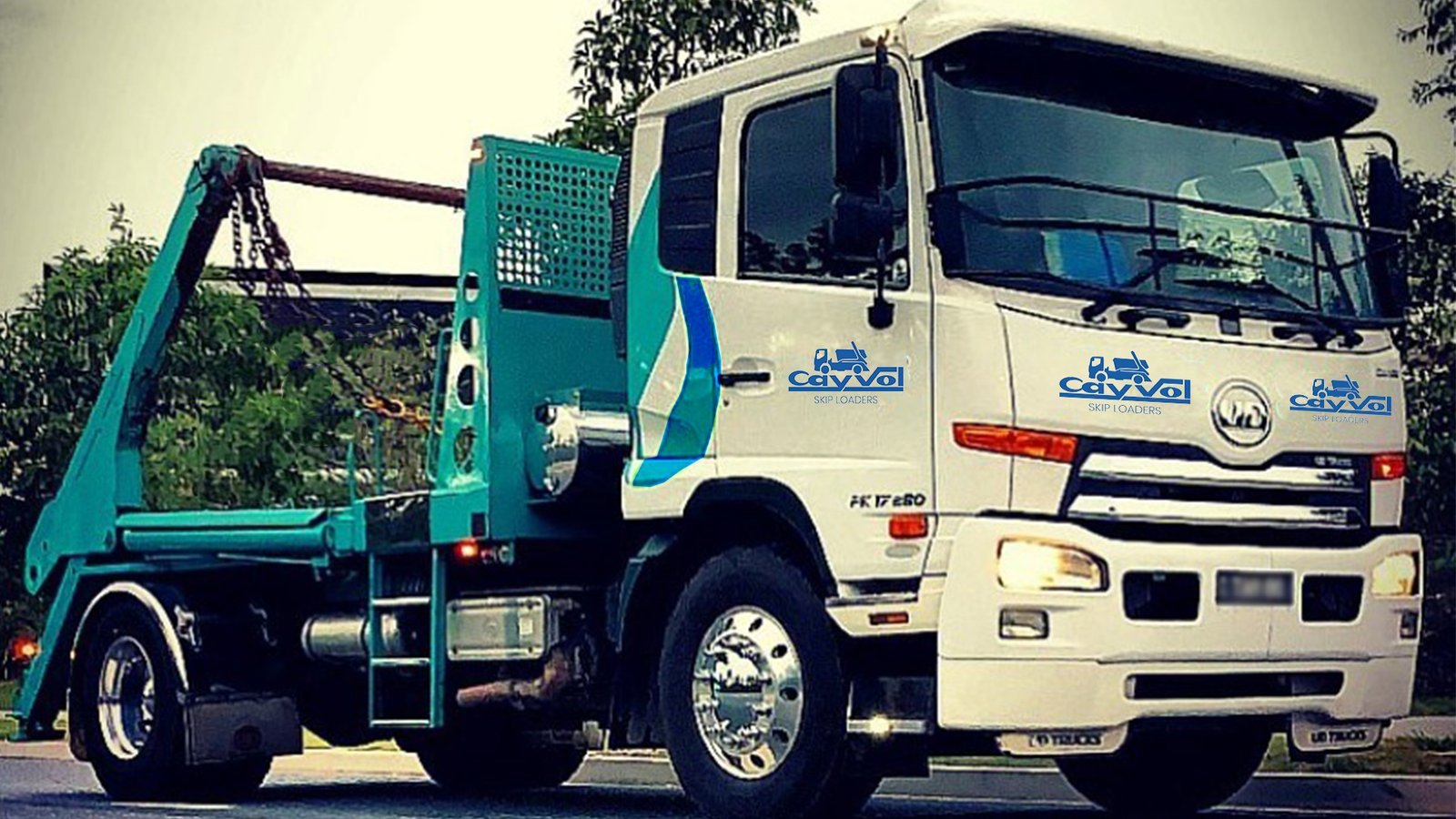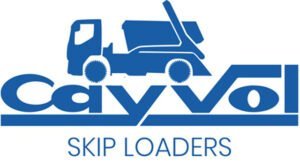
Skip Loaders vs. Traditional Loaders: Which is Better for Your Project?
Explore the differences between skip loaders and traditional loaders in this comprehensive guide. Learn which type of loader is best suited for your project’s needs.
Introduction
When considering the right equipment for your project, the decision between skip loaders and traditional loaders can significantly impact efficiency, cost, and overall project success.
Both types of loaders have unique features and benefits, making them suitable for different applications. In this blog, you can have the comparison of skip loaders and traditional loaders, highlighting their advantages and disadvantages to help you determine which is better for your project.
Understanding Skip Loaders
Skip loaders, also known as front-end loaders or bucket loaders, are versatile pieces of equipment commonly used in construction, landscaping, and agriculture. They are characterized by a large, front-mounted bucket used for lifting and moving materials such as soil, sand, gravel, and debris.
Advantages of Skip Loaders
Versatility
Skip loaders from Cayvol are incredibly versatile. They can perform a variety of tasks, including digging, lifting, and transporting materials. This makes them suitable for a wide range of projects, from small-scale landscaping to large construction sites.
Efficiency
The front-mounted bucket allows for quick loading and unloading of materials, which can significantly improve project efficiency. This is particularly beneficial in projects where time is a critical factor.
Maneuverability
Skip loaders are designed for easy maneuverability. They can operate in tight spaces, making them ideal for urban construction projects and landscaping tasks in confined areas.
Attachment Options
Many skip loaders come with various attachment options, such as forks, grapples, and augers, enhancing their functionality and allowing them to perform multiple roles on a job site.

Disadvantages of Skip Loaders
- While skip loaders are versatile, they generally have a smaller load capacity compared to traditional loaders. This can be a limitation in projects that require the movement of large quantities of materials.
- The versatility and efficiency of skip loaders come at a cost. They can be more expensive to operate and maintain compared to some traditional loaders.
Traditional Loaders
Traditional loaders, often referred to as wheel loaders or payloaders, are heavy-duty machines designed for large-scale material handling. They are equipped with a large bucket at the front and are typically used in mining, quarrying, and large construction projects.
Advantages of Traditional Loaders
High Load Capacity
Traditional loaders are built for heavy-duty tasks. They can carry larger loads, making them ideal for projects that involve substantial material movement, such as mining operations or large construction sites.
Durability
These loaders are designed to withstand harsh conditions and heavy use. They are built with robust materials and powerful engines, ensuring long-term durability and reliability.
Efficiency in Large Projects
Due to their high load capacity and powerful performance, traditional loaders can complete tasks more quickly in large-scale projects. This can lead to significant time and cost savings.
Disadvantages of Traditional Loaders
- Traditional loaders are larger and less maneuverable than skip loaders. This makes them less suitable for projects in confined spaces or urban areas where space is limited.
- The heavy-duty nature of traditional loaders means they come with a higher initial purchase price. This can be a significant investment, particularly for smaller projects or businesses.
- While traditional loaders excel in heavy-duty tasks, they lack the versatility of skip loader. They are primarily designed for material handling and may not be suitable for tasks that require precision or multiple functions.
Which Loader is Better for Your Project?
The choice between skip loader and traditional loader depends on several factors, including the nature of your project, budget, and specific requirements.
- Skip loaders are often the better choice for small to medium-sized projects, such as residential construction or landscaping, due to their versatility and maneuverability. Traditional loaders are more efficient for large-scale projects in handling large volumes of material.
- If your project is in a confined area, skip loaders’ superior maneuverability makes them the ideal choice. Traditional loaders may struggle in tight spaces.
- Consider both the initial purchase price and the operating costs. Skip loader may have higher operating costs, but their versatility can provide better value in projects requiring multiple functions. Though more expensive upfront, traditional loaders may offer better efficiency and cost savings in large-scale projects.
- Analyze the specific tasks your project entails. Skip loader is more adaptable with various attachments, making them suitable for projects requiring diverse functions. Traditional loaders, on the other hand, are unmatched in tasks that require high load capacity and robust performance.
Last to Say
Both skip and traditional loaders have unique strengths and are suited to different types of projects. By carefully considering your project’s scale, space, budget, and specific requirements, you can make an informed decision that maximizes efficiency and cost-effectiveness. Whether you choose a versatile skip loader or a heavy-duty traditional loader, selecting the right equipment is crucial for the success of your project.
